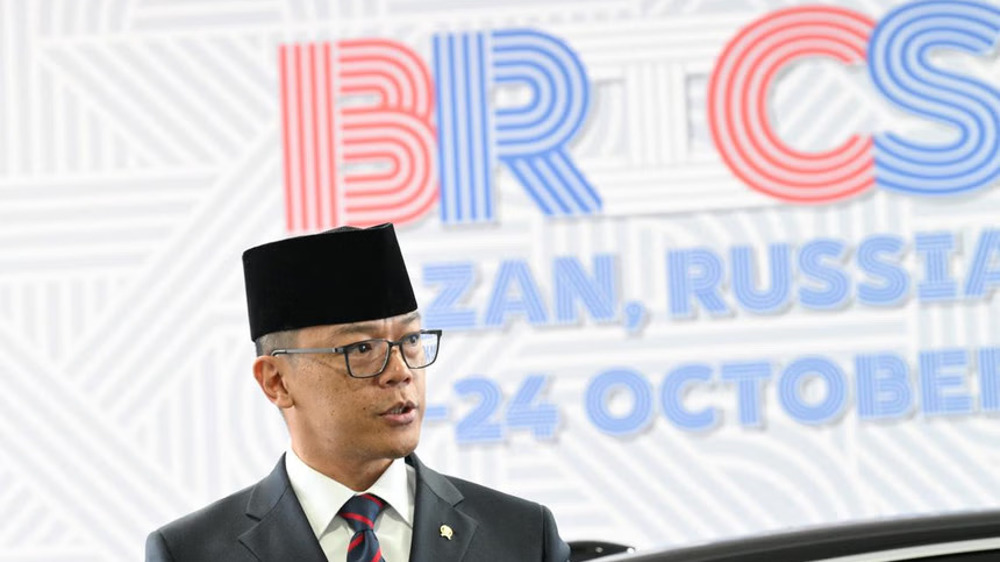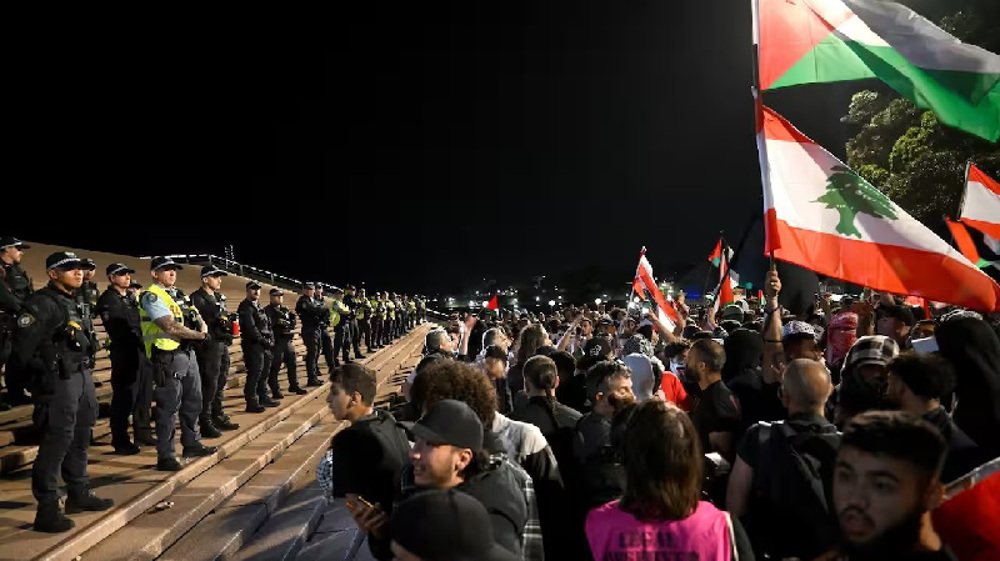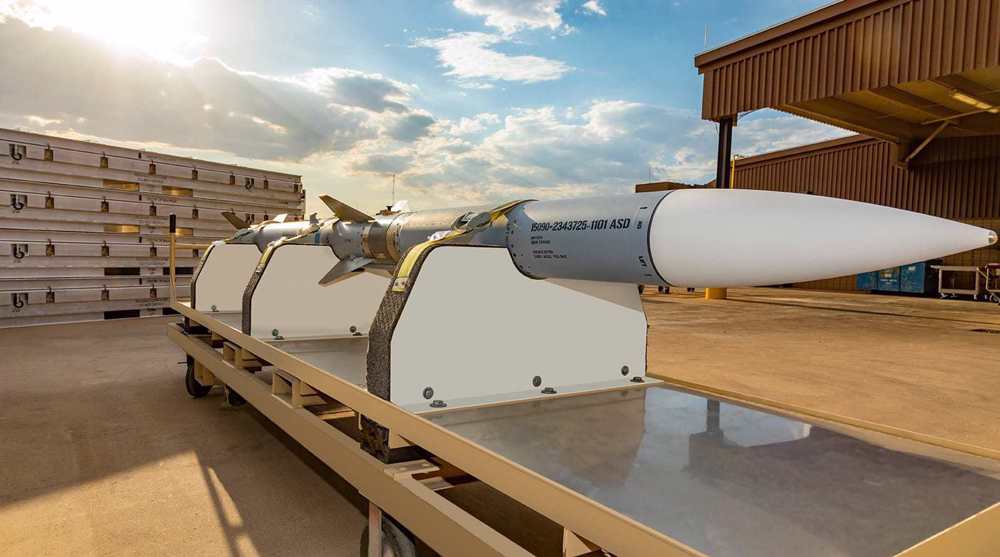Myanmar: ‘Bodies half-buried, faces burned with acid’
The Associated Press has confirmed the discovery of more than five new mass graves in Rohingya Muslim villages in Myanmar where the military and Buddhist mobs have been running amok in a campaign of death and destruction against minority Muslims.
The news agency said the findings, obtained through multiple interviews with more than two dozen survivors in Bangladesh refugee camps and through time-stamped cellphone videos, indicated that the massacres had taken place in the village of Gu Dar Pyin, in Buthidaung Township in Myanmar’s Rakhine State, where the Rohingya Muslims have been historically concentrated.
The Associated Press, citing survivors, said Myanmar’s military had launched multiple deadly attacks on the village last August “with help from Buddhist neighbors.”
Look away world! Horrific violence here in the land of the Buddhists!
All of the state-sponsored violence — the details of which appear only gradually — has been occurring with almost full impunity for the government of Myanmar’s de facto leader Aung San Suu Kyi, who enjoys the backing of most Western governments promoting her as a “democracy icon.”
There has been either almost complete silence or mere rhetoric from the US administration of President Donald Trump and the United Nations Security Council.
In a vivid description of the violence perpetrated against the Muslim minority group, the news agency said the mass graves, all previously unreported, kept corpses of men half-buried, with their faces burned away by acid or blasted by bullets.
‘They came with guns, grenades... and acid’
The agency said almost every villager interviewed had seen three large mass graves at Gu Dar Pyin’s northern entrance, near the main road, where, as witnesses said, Myanmar’s soldiers had amassed and killed most of the Rohingya Muslims.
“The soldiers carefully planned the August 27 attack, and then deliberately tried to hide what they had done. They came to the slaughter armed not only with rifles, knives, rocket launchers, and grenades, but also with shovels to dig pits and acid to burn away faces and hands so that the bodies could not be identified,” the survivors of the attack were cited as recounting.
“Buddhist villagers then moved through Gu Dar Pyin in a sort of mopping-up operation, using knives to cut the throats of the injured, and working with soldiers to throw small children and the elderly into the fires,” they added.
In one case, a survivor named in the report as Kadir, was quoted as saying that he and 14 other civilians, all Rohingya Muslims in the Gu Dar Pyin Village, had been preparing to play a soccer-like game when the gunfire began and that by the time the Myanmar military stopped shooting, only three, including him, were left alive.
Kadir said he had found six of his friends among the dead bodies in two graves, adding that, “It was a mixed-up jumble of corpses piled on top of each other.”
In another case, Mohammad Sha, a 37-year-old witness, said more than 200 soldiers had swept into Gu Dar Pyin from the direction of a Buddhist village to the south, firing their weapons.
The witness said Myanmar’s soldiers searched the houses of the Rohingya Muslims, and dozens of Buddhists from neighboring villages took away their possessions.
Sha said the soldiers then burned down the homes and opened fire on anyone who could not flee.
The AP said satellite images from DigitalGlobe and videos obtained from the area showed homes reduced to ash and the village decimated.
Community leaders in the Bangladeshi refugee camps have compiled a list of 75 fatalities so far, and villagers estimate the toll could be as high as 400, according to the AP report.
The Myanmarese government has denied the occurrence of massacres like the one in the Gu Dar Pyin Village and acknowledged the presence of only one mass grave containing 10 “terrorists” in the coastal village of Inn Din in Rakhine.

The UN says nearly 655,000 Rohingya Muslims have fled Rakhine to Bangladesh since the military launched a new wave of bloody violence there last August. In only the first month since then, the military clampdown killed some 6,700 Rohingya Muslims, including more than 700 children, according to the international medical charity Doctors Without Borders.
Buddhist-majority Myanmar brands the minority Rohingya Muslims in the country as “illegal immigrants” from Bangladesh, refusing to accept them as citizens despite the fact that they have lived in the country for many generations.
Government troops and Buddhists have been committing killings and rapes, making arbitrary arrests, and carrying out arson attacks in Muslim villages in Rakhine. The government also bans human rights monitors and independent journalists from entering the troubled state.
Bangladesh, too, denies the Rohingya citizenship and has threatened to cut their food rations if they refuse to leave.
Bangladesh and Myanmar recently finalized an agreement that would facilitate the repatriation of the Rohingya refugees over the next two years. But the refugees have expressed serious concern about their safety back in Myanmar.
‘Hallmarks of genocide’
Responding to a question about the AP report, Yanghee Lee, the United Nations Special Rapporteur on the situation of human rights in Myanmar, said the military’s violent operations against Rohingya Muslims bore “the hallmarks of a genocide.”

Referring to the case of the Rohingya mass graves, the UN special envoy called for further investigation into the matter and said, “You can see it’s a pattern” that has emerged with the persecuted minority group.
“There has to be responsibility and accountability. No stones must be left unturned because the people, the victims, the families of the victims definitely deserve an answer,” she said.
VIDEO | California Wildfires Leave Residents Struggling with Insurance Gaps and Housing Shortages
Leader: Palestinian patience, resistance forced Israel to back down
VIDEO | South African, Palestinian youths use sport to boost resistance
Iran welcomes Gaza truce, urges prosecution of Israeli authorities for genocide
VIDEO | Israeli airstrike on Jenin kills 6 Palestinians, injures others
VIDEO | Canada after Trudeau
IRGC: Gaza truce ‘irreparable defeat’ for Israel, great victory for Palestinians
Iran, Tajikistan presidents oversee signing of 23 MoUs to boost ties









 This makes it easy to access the Press TV website
This makes it easy to access the Press TV website